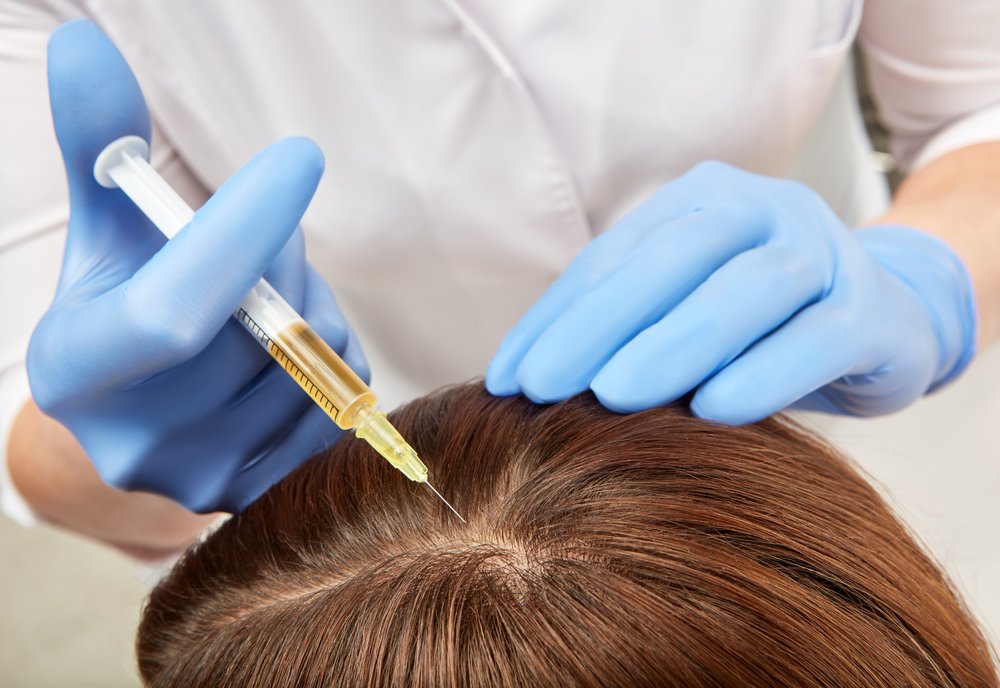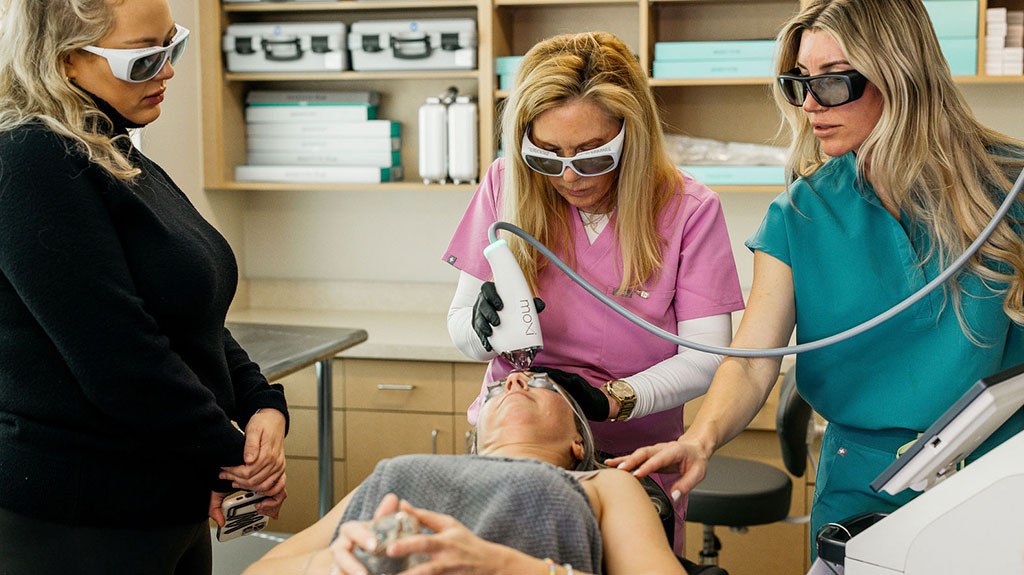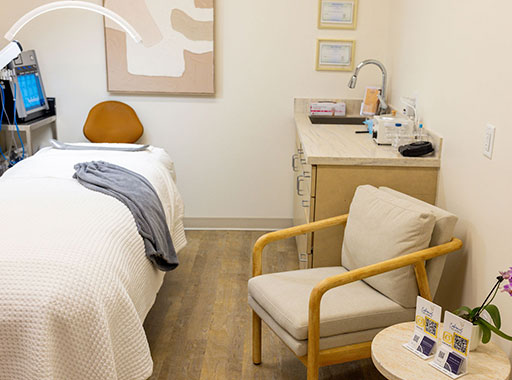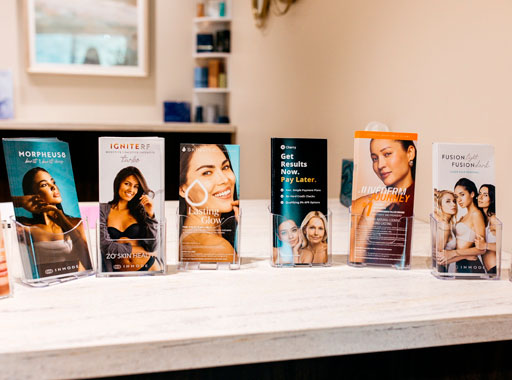PRP (Platelet-Rich Plasma) injections are a non-surgical treatment that uses your body’s own blood to promote healing, rejuvenation, and regeneration in the skin, hair, and other tissues. PRP has gained popularity for a variety of aesthetic and medical uses, particularly in skincare and hair restoration.
- 6215 Humphreys Blvd, Suite 201
- Memphis, TN 38120




